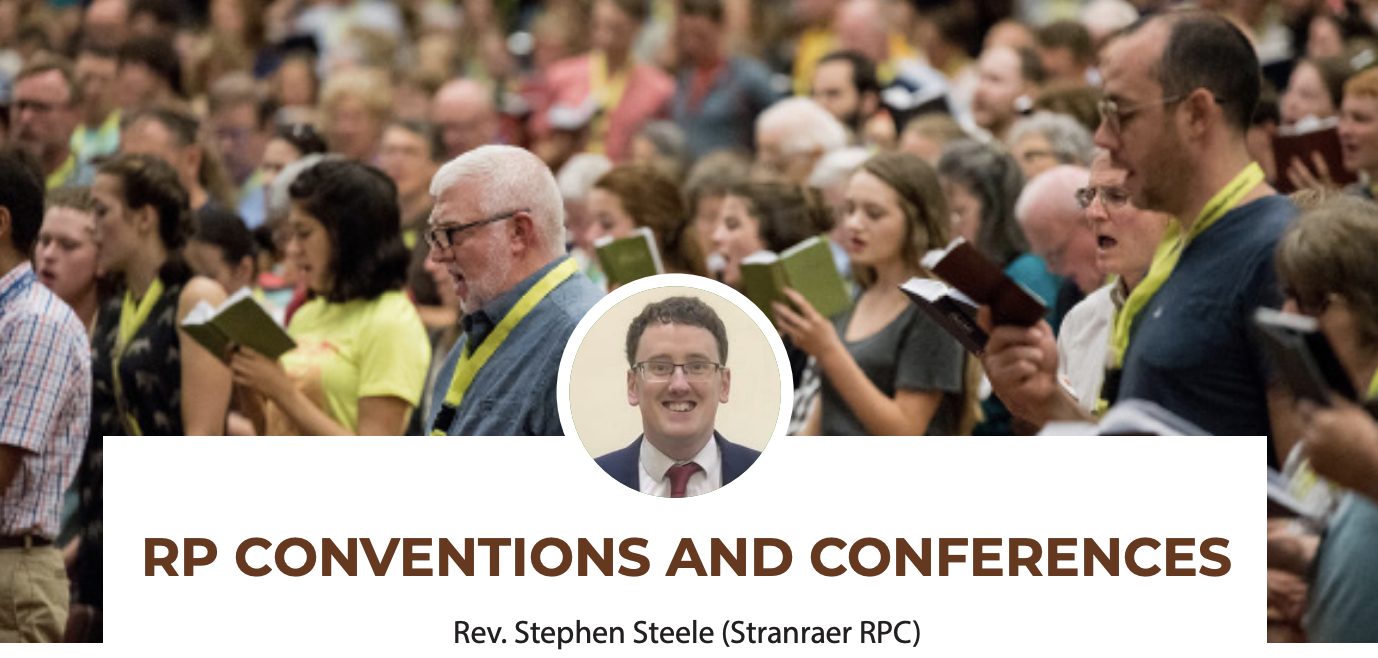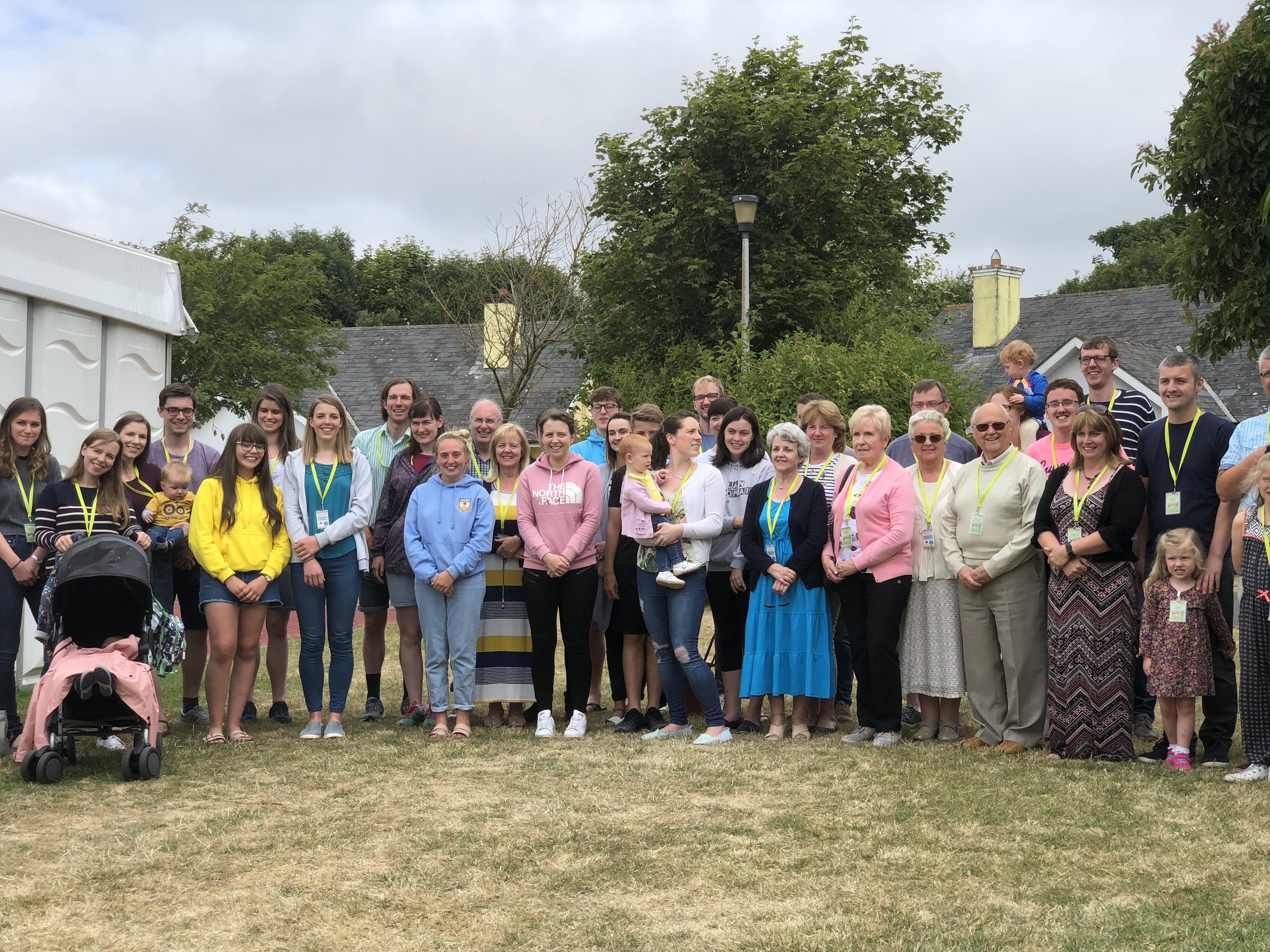As human beings, we hate hypocrisy. Whether it’s public figures taking private jets to climate change conferences or politicians telling people to host a refugee while refusing to do so themselves.
But while we don’t like hypocrisy in general, religious hypocrisy gets us even more. We’re indignant when people who claim to live according to a higher standard – and perhaps even tell others they should do the same – don’t even live up to those standards themselves.
In 1999 the actions of a minister in this town made national headlines for that very reason. A member of his congregation was quoted in the Daily Record as saying: ‘He was always preaching about the sin of adultery…I have never known such hypocrisy’.
I’ve no doubt there are many who have never been back at church since, for that very reason. And while for some the claim that ‘Christians are just a bunch of hypocrites’ may simply be an excuse, for others it’s a genuine stumbling block when it comes to accepting the claims of Christianity.
It’s an objection which can’t simply be explained away by saying that genuine Christians aren’t hypocrites. If hypocrisy is defined as saying one thing and doing the opposite, all Christians are hypocrites to some extent – and I include myself in that.
Now it is true that all who claim to be Christians wouldn’t be recognised as such by Christ himself. He tells us: ‘Not everyone who says to me, “Lord, Lord”, will enter the kingdom of Heaven’. Church attendance in Scotland has fallen drastically, but even now only a fraction of those who go to church would define themselves as ‘evangelical’ or ‘born again’ Christians. And if most churchgoers would say ‘we can’t take the Bible literally’ – then it’s no surprise that they don’t live their lives according to it.
But what about those who have genuinely committed their lives for Christ and are seeking to live for him? We are hypocrites too in that we fall short of the standards we say we try to live by. But that would only be a deal-breaker if our hope for heaven was in trying to be better than those around us.
The following quote might sound shocking, even to many churchgoers, but I think it’s an accurate summary of the Christian gospel: ‘To be a Christian is to acknowledge your utter moral failure and to throw yourself on the mercy of the only truly good man who ever lived’. The Bible isn’t ultimately the story of good people and bad people. Some of the most famous Bible characters fell short of God’s standards in huge ways. Yet their hope wasn’t in their own goodness, but in the fact that the one truly good man who ever lived – Jesus Christ – lived and died in their place.
But if someone does throw themselves on Jesus’ mercy, does that mean it doesn’t matter how they live? Not at all! Before we are converted, God’s law simply condemns us; after we’re converted, it becomes a guide for living. And yet although we now genuinely want to do what God says, we often fail. The Christian life is an ongoing battle in which, as Jesus’ brother James put it, ‘We all stumble in many ways’.
If we define hypocrisy as not living up to how we think everyone should live, every true Christian is guilty as charged. But hypocrisy can also be defined as wearing a mask and pretending to be better than you really are. And what I think you will find if you spend time among genuine Christians, is that the element of pretence is largely gone. You’ll find people who are genuinely trying to live for Jesus, whether other people are watching or not.
So we’re right to be angry about religious hypocrites – in fact, Jesus saved his strongest words for them. Yet if we think we’ll be ok on Judgement Day because we’re going to tell God about all the religious hypocrites we knew, his response might simply be ‘I know – but what about you?’
However we define our terms, all Christians are hypocrites to some extent. But the Christian’s great goal in life is to point away from themselves to the one person whose life always backed up his lips – Jesus Christ. He came to earth not merely to be an example that we could never live up to, but to die in place of hypocrites like us, so that his record of flawless obedience could be counted as ours.
Published in the Stranraer & Wigtownshire Free Press, 25th August 2022












